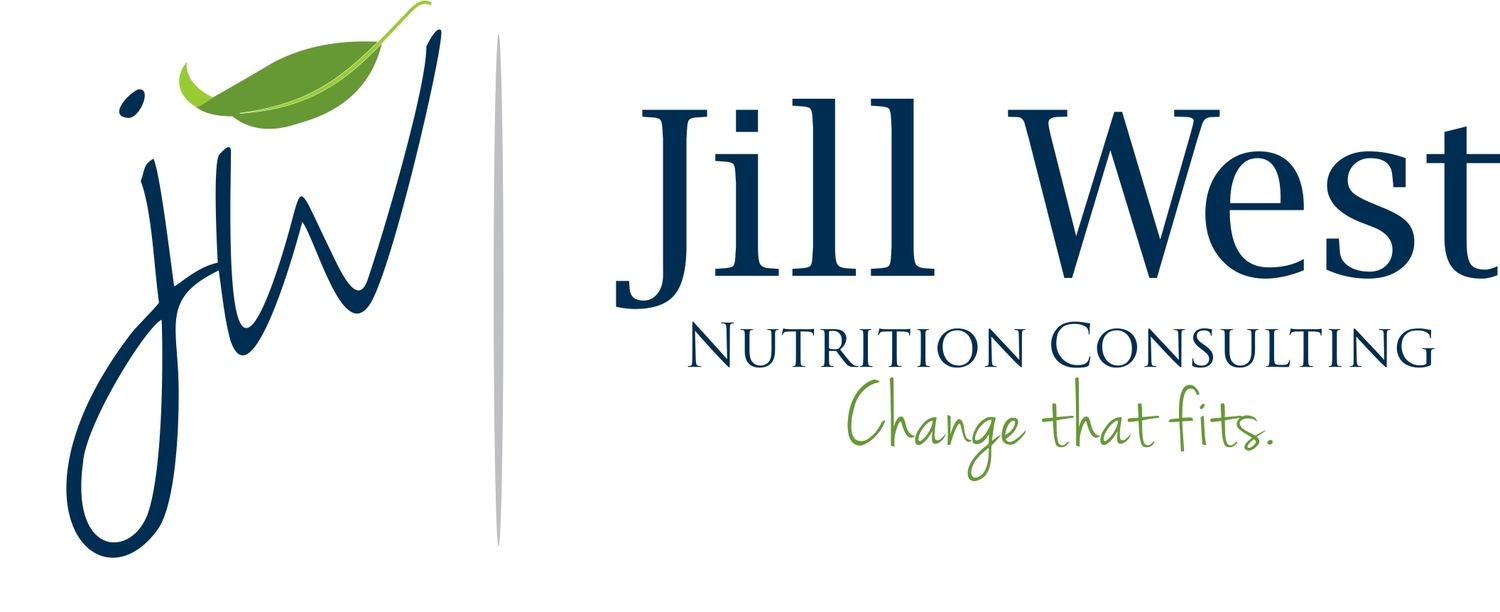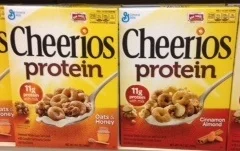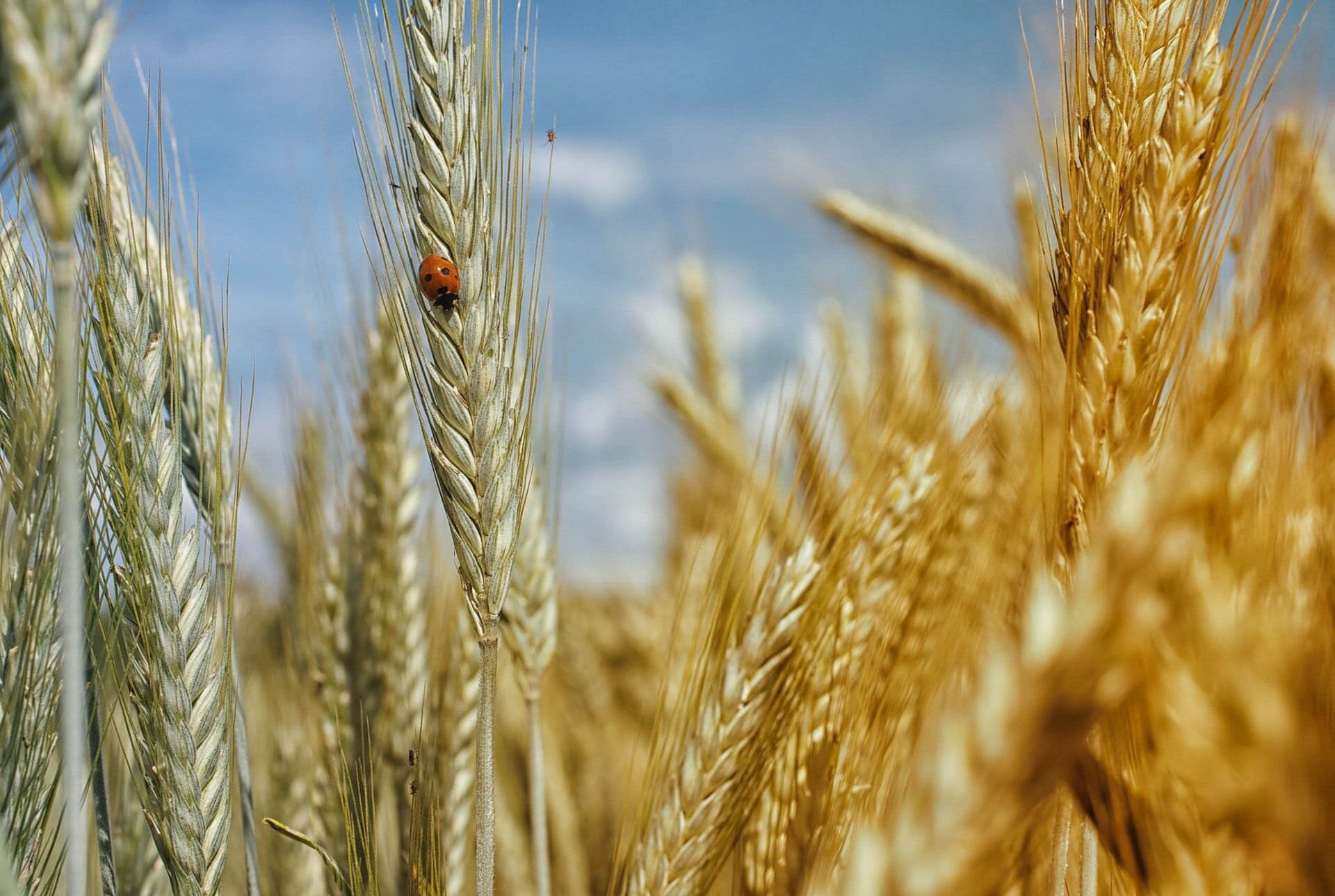The Worst Breakfast Protein for Women Over 40
/Everyone is talking about the importance of protein so guess what the food companies do? They ride the latest food wave by marketing products that have (or pretend to have) lots of protein. While gluten, wheat and carbs are getting a bad rap, protein is riding high. Although I think the emphasis on protein is overblown, I do believe getting the right amount of protein is important, especially as women age and for women over 45 who want to lose weight. To help you separate nutrition facts from fiction, I’ve created my Top 5 Best & Worst protein foods for women.
WORST Protein Foods for Women
Cheerios Protein Cereal:
Without the milk, a serving of Cheerios Protein (1 ¼ cups) has 7 grams of protein, which is only 3 grams higher than original Cheerios and the protein comes from soy protein. To make matters worse, it has 16 grams of sugar and an extra 100 calories compared to a serving of original Cheerios. The bottom line is General Mills is promoting the protein while adding 4 teaspoons of sugar. Don’t be fooled… This is a perfect example of misleading, marketing hype.
Special K Protein Bars:
In order for a food label to claim “a good source of protein”, the food item must contain at least 5 grams of protein. These bars don’t qualify because they only have 4 grams of protein from soy protein isolate, in addition to being processed and high in sugar. This looks more like a dessert than a breakfast food to me, and the fact is, this is an example of a company riding the latest food trend wave. I predict they’ll be off the shelf within 2 years and there will be another processed food product to replace it.
V-8 Protein Shake:
The 12 grams of protein in this drink comes from milk, soy, quinoa, brown rice and peas. The problem is it also comes with a whopping 28 grams of sugar. And studies show solid foods keep us full longer than liquids, so why not have a glass of milk with your oatmeal and nuts for 20 grams of naturally-occurring protein, much more fiber and filling-ness?
Sausage:
Although this starts out as a naturally occurring protein source, most sausage gets processed into a breakfast food that’s high in sodium, preservatives and heart-clogging saturated fat. Although some chicken and turkey sausages are lower in fat, you’ll need to check the label carefully. My “What to Look for” guideline is no more than 2 grams of saturated fat, unless you’re making this a “very occasional” choice for breakfast or any meal.
Bacon:
What I said about sausage is pretty much “ditto” for bacon. Turkey bacon in not always low in saturated fat and is usually high in sodium and preservatives, so just like with sausage, check the Nutrition Facts label carefully.
I will add a follow up post with the Best Breakfast Protein for Women in the coming days. Email me with questions or your favorite breakfast foods: Jill@jillwestrd.com
















